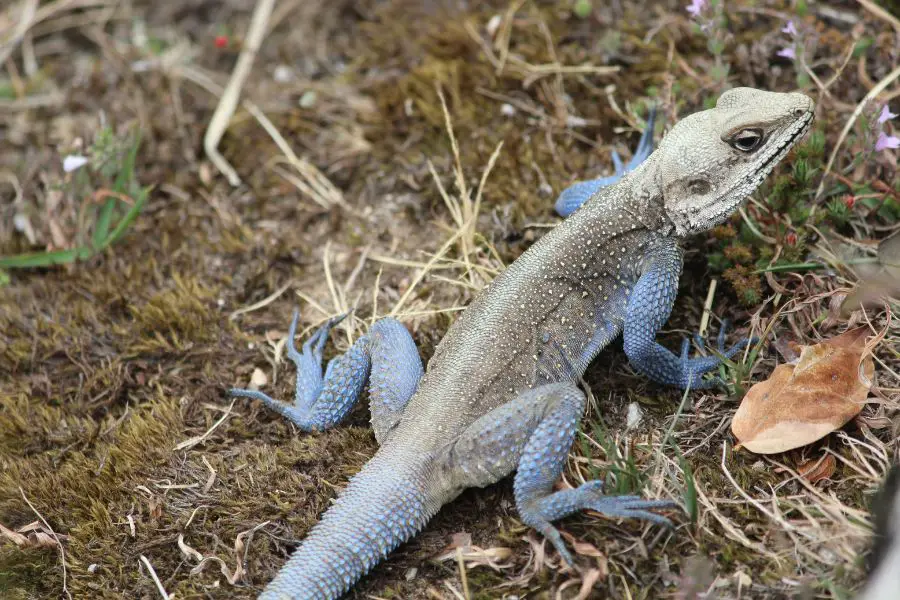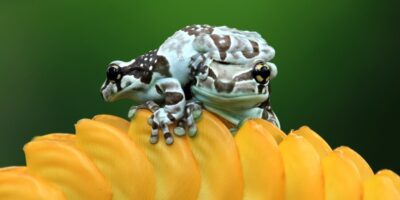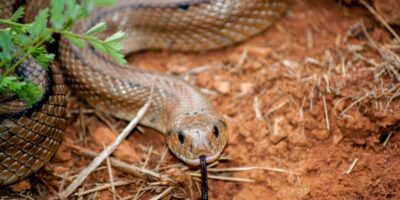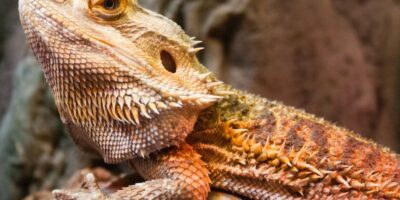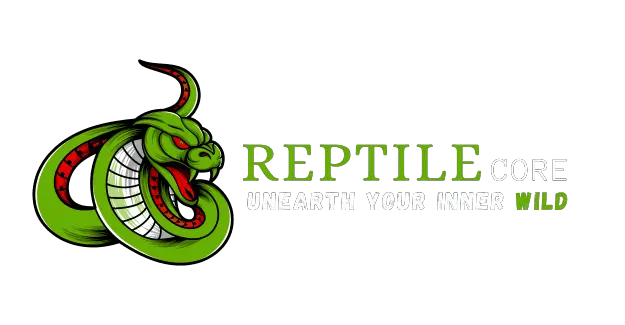Bearded dragons are awesome reptile pets that have gained popularity among reptile enthusiasts. These fascinating creatures are known for their unique appearance, docile nature, and interesting behaviours. They make great companions and can live for a long time with proper care. One of the key aspects of caring for a bearded dragon is providing them with a balanced diet. Just like humans, these little dragons need a variety of nutrients to stay healthy and thrive.
A well-rounded diet is essential for their growth, development, and overall well-being. A balanced diet for bearded dragons typically consists of three main components: insects, vegetables, and fruits. Insects, such as crickets and mealworms, provide them with essential protein. Vegetables, like collard greens and mustard greens, are rich in vitamins and minerals. Fruits, in moderation, can offer a tasty treat and additional nutrients.
By offering a diverse range of food items, you can ensure that your bearded dragon receives all the necessary nutrients they need. This helps support their immune system, maintain healthy bones, promote proper digestion, and enhance their overall vitality.
It’s important to note that while bearded dragons can eat a variety of foods, certain items should be avoided. For example, foods high in sugar or fat, like bread or processed snacks, should not be a part of their regular diet.
Bearded Dragon Diet Basics
In the wild, bearded dragons have a diverse diet that consists of insects, vegetables, and fruits. These omnivorous reptiles are opportunistic feeders, meaning they will eat whatever is available to them. In terms of insects, bearded dragons primarily consume small invertebrates like crickets, mealworms, and roaches. These insects provide them with essential protein, which is crucial for muscle development, growth, and overall health. In the wild, bearded dragons will actively hunt and chase down their prey, which helps stimulate their instincts.
When it comes to vegetables, bearded dragons have a taste for leafy greens, such as collard greens, mustard greens, and turnip greens. These vegetables are rich in vitamins and minerals that support their immune system, promote healthy digestion, and contribute to strong bones and overall well-being. Fruits, while not a major part of their diet, can be offered as occasional treats. Bearded dragons enjoy fruits like blueberries, papaya, and apples.
These fruits provide additional nutrients and can be a source of hydration for them. It’s important to note that a varied and nutritious diet is crucial for the overall health and well-being of bearded dragons. By providing them with a range of food options, you can ensure they receive all the essential nutrients they need. A balanced diet helps support their immune system, maintain healthy bones and muscles, and promote proper growth and development. Remember, when feeding your bearded dragon, it’s important to consider their age, size, and individual needs.
Can Bearded Dragons Eat Bread?
Feeding bread to bearded dragons can pose several risks and is generally not recommended. While bread may be a common human food, it lacks the necessary nutritional value for bearded dragons. These reptiles require a diet that is rich in protein, vitamins, and minerals to thrive.
Bread is primarily made from grains, which are not a natural part of a bearded dragon’s diet. It does not provide the essential nutrients that they need for proper growth and development. Feeding bread to your bearded dragon as a regular part of their diet can lead to nutritional deficiencies over time.
Additionally, bread can be difficult for bearded dragons to digest. It is high in carbohydrates and often contains additives and preservatives that can upset their sensitive digestive system. This can result in digestive issues such as bloating, constipation, or diarrhoea. To ensure the health and well-being of your bearded dragon, it is best to stick to a diet that consists of their natural food sources, such as insects, leafy greens, and occasional fruits. These foods are more suitable for their nutritional needs and are easier for them to digest.
Safer Alternatives to Bread
Here are some alternative fruits that are safer and more suitable for bearded dragons:
- Mango: Mangoes are a tasty treat for bearded dragons. They are rich in vitamins A and C, which support their immune system and promote healthy skin and eyes.
- Pears: Pears are a great source of fibre and hydration for bearded dragons. They provide essential vitamins and minerals, including vitamin K and potassium.
- Grapes: Grapes are a sweet and juicy fruit that bearded dragons can enjoy in moderation. They contain antioxidants and vitamins that contribute to overall health.
- Peaches: Peaches are a delicious and nutritious fruit for bearded dragons. They are packed with vitamins A and C, as well as dietary fibre.
- Raspberries: Raspberries are a small but mighty fruit for bearded dragons. They are rich in antioxidants and provide vitamins and minerals like vitamin C and manganese.
It’s important to remember that fruits should be given as occasional treats and not as a major part of their diet. Always offer a variety of fruits and ensure they are fresh and washed before feeding them to your bearded dragon.
Other Fruits to Avoid
There are a few fruits that should be avoided or given sparingly to bearded dragons due to their high sugar content or potential toxicity. These fruits include:
- Citrus fruits: Citrus fruits like oranges, lemons, and grapefruits are high in citric acid, which can be harsh on a bearded dragon’s digestive system.
- Bananas: While bananas are a popular fruit, they are also high in sugar and can cause digestive issues if given in excess.
- Melons: Melons such as watermelon and cantaloupe have a high water content and sugar content, so they should be given in moderation.
- Avocado: Avocado contains a toxin called persin, which can be harmful to bearded dragons if consumed in large quantities.
- Cherries: Cherries, especially the pits and stems, can be toxic to bearded dragons. It’s best to avoid feeding them cherries altogether.
Conclusion
To summarise our discussion, we talked about alternative fruits that are safer and more suitable for bearded dragons, such as mangoes, pears, grapes, peaches, and raspberries. We also mentioned fruits to avoid, like citrus fruits, bananas, melons, avocados, and cherries.
We emphasised the importance of offering fruits as occasional treats and maintaining a balanced diet with insects and leafy greens as the main components. We also addressed your question about feeding strawberries to bearded dragons, confirming that they can enjoy strawberries in moderation.
